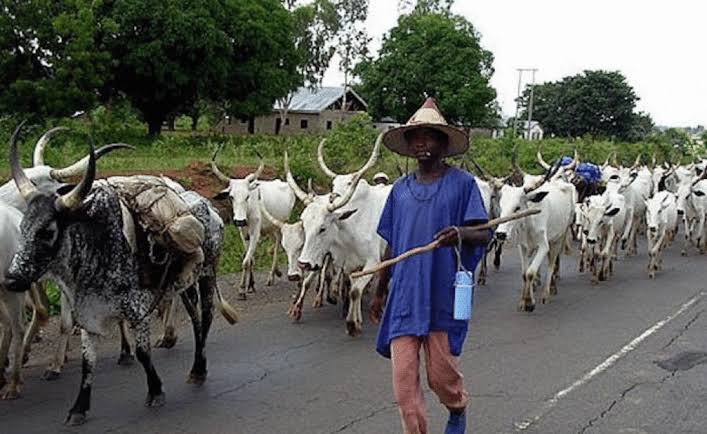An Executive Bill for a law to Prohibit Open Grazing of Cattle and Regulates Other Livestock in Edo State has suffered a major setback as lawmakers disagreed over clause 5(7) of the bill.
Vanguard checks revealed that clause 5(7) of the bill provides that, “A ranch committee to be constituted by the state governor will be empowered to determine the size of land suitable for ranching.”
Considering the bill clause by clause, yesterday, the House Committee of the Whole, the member representing (PDP Esan South East), Mr Sunny Ojiezele argued that to leave the committee to determine the size of land would portend grave danger.
He noted that the enormous powers allocated to the committee by the bill would lead to the acquisition of more arable land for ranching.
He explained that his local government had recently lost 80 per cent of arable land to a private company.
He proposed an amendment to the clause to the effect that one tenth of the total arable land mass of a community be acquired for ranching.
The Majority Leader, Henry Okhuarobo, who countered, proposed that the committee should determine the size of the land provided it does not exceed 20 per cent of the total land mass of the local government.
But in his contribution, the Deputy Whip of the House, Mr Ephraim Aluebhosele, disagreed with the 20 per cent proposal, adding that many farmers would lose their arable farm land to ranchers.
Aluebhosele, however, aligned with the proposal of Ojiezele that the size should be put at one tenth.
The member representing PDP Esan North East, Mr Francis Okiye, who also raised concerns over the danger inherent in clause 5 (7), urged the House to determine a definite size and distance between two ranches.
Okiye also observed that the model of ranching proposed was not stated in the bill.
The Deputy Speaker, Roland Asoro, who also aligned with the proposal by the majority leader, said the 20 per cent should be taken from the total land mass of a community rather than from the local government.
The Speaker, Mr Marcus Onobun, however, reminded the lawmakers that the Land Use Act, which was in operation in the state, vested the ownership of lands on the state government.





